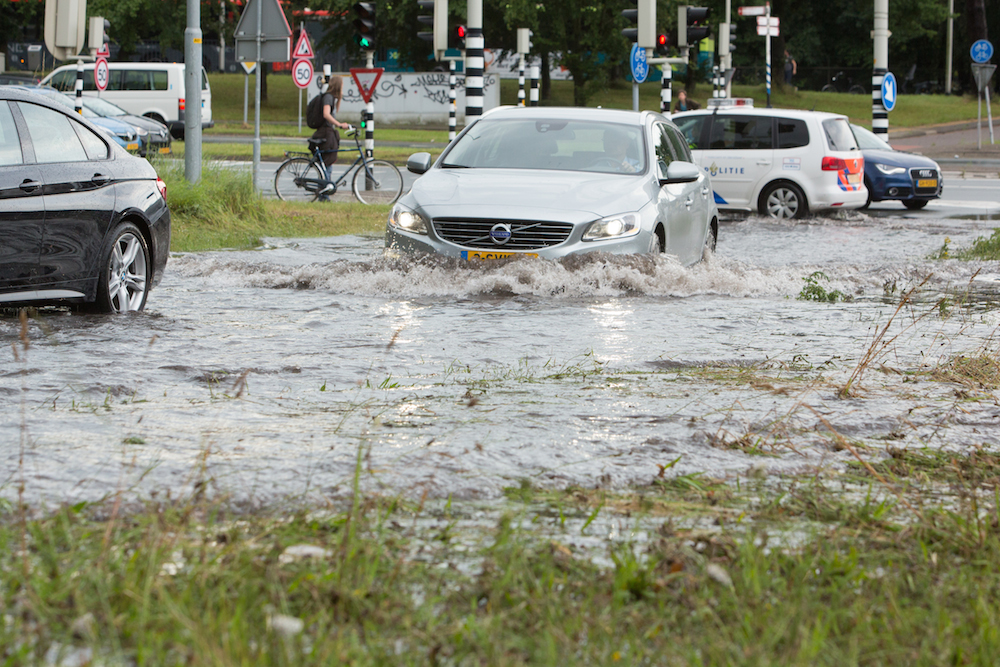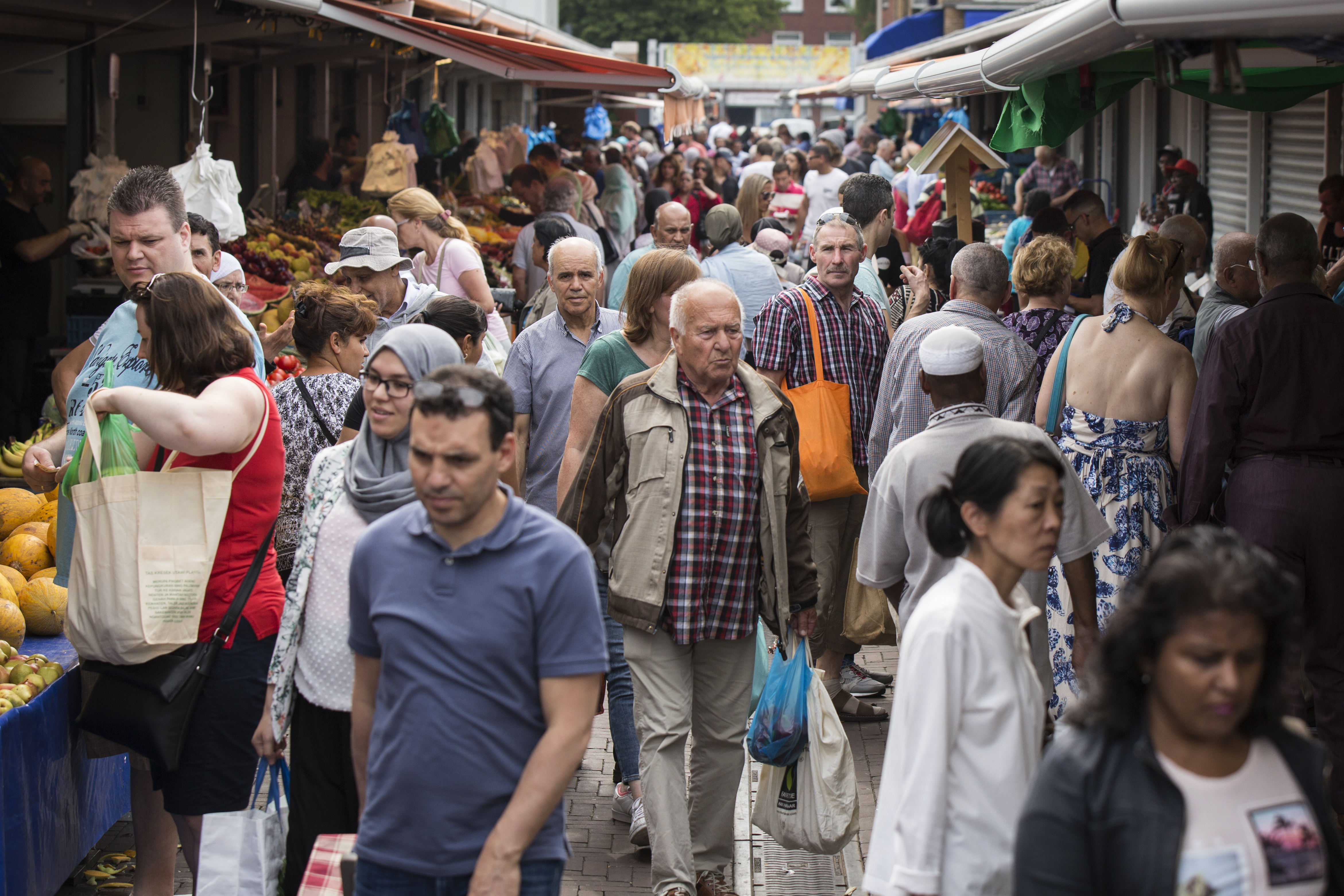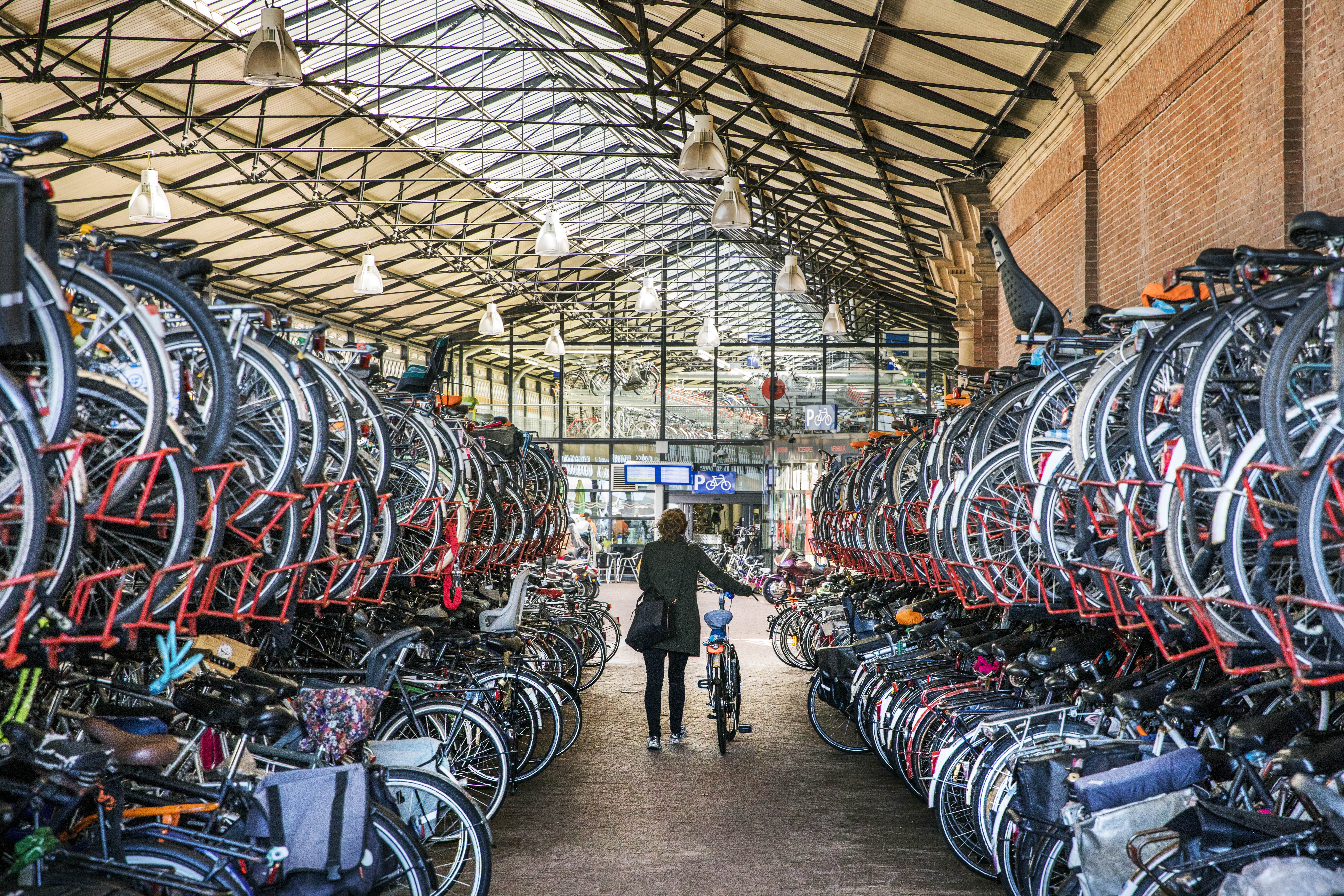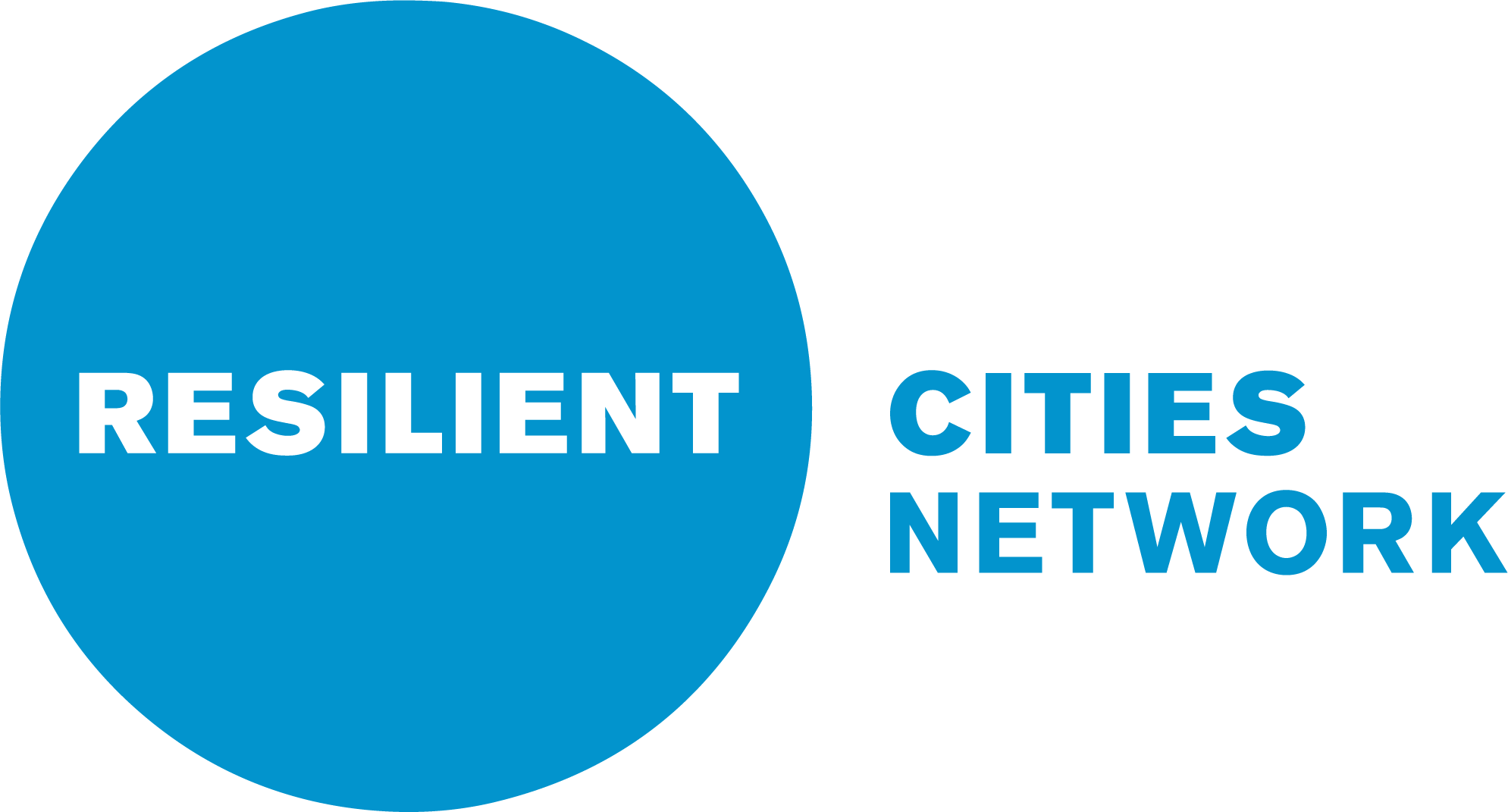Shocks and stresses for The Hague
We are a city of ambitions. We have challenging goals on growth, mobility, sustainablity, security and inclusiveness. Expanding the timeframe to 2030, the United Nations Sustainable Development Goals (SDGs) mention the grand ambitions to end poverty, protect the planet and ensure prosperity for all. We aim for these goals with confidence. We have learned considerably from the global economic crisis and today we enjoy scientific and technological resources that are greater than ever.
However, we must also recognise that we live in a world of social, economic and environmental risks. One of the first steps to build resilience is to understand what these possible adversities may be.
Taking a resilience approach means understanding our risks – and the complex relationships between them.
Shocks
Acute shocks are sudden, sharp events that can immediately disrupt a city. In The Hague, key known and emerging shocks include:
Stresses
Chronic stresses are slowly moving phenomena that weaken the fabric of a city. Stresses can themselves lead to a major shock – for example, Cape Town in South Africa recently came close to running out of water. This occurred due to the chronic issues such as lower rainfall, population growth and inadequate forward planning. In The Hague, key known and emerging stresses include:
- Climate change
- Poverty and debt
- Segregation
- Uneven health outcomes
- Digitisation
- Population growth
- Limitations of transport network
- Unemployment
- Subversive crime
Unite to work on the resilience of The Hague





